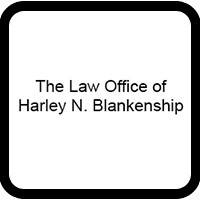 Cecilia Juvenile Law Lawyers, Kentucky
Cecilia Juvenile Law Lawyers, Kentucky
Not enough matches for Cecilia Juvenile Law lawyer.
Below are all Cecilia Criminal lawyers.
Sponsored Lawyers
1-2 of 2 matches
Criminal, Divorce & Family Law, Expungement
Bryan Hamilton Hayes is a practicing lawyer in the state of Kentucky handling criminal defense and family law cases.
(more)Criminal, Estate, Real Estate
Harley Blankenship is a practicing lawyer in Louisville, KY after being admitted to the Kentucky Bar in 1970. He received his Juris Doctor in 1970 from The University of Louisville Louis D. Brandeis School of Law.
(more)





